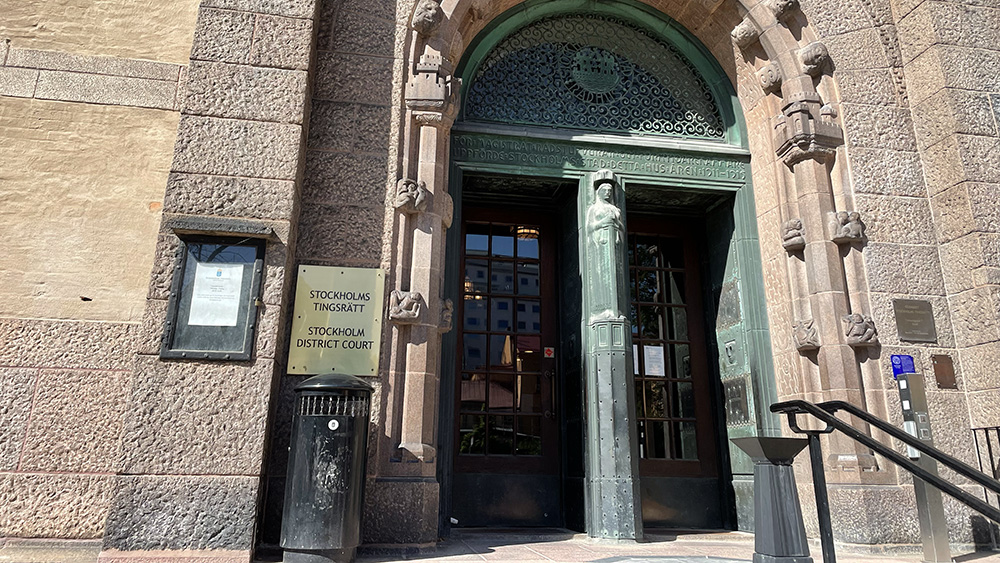The lawyers supporting the victims of obstruction of justice were dismissed by the Stockholm District Court. The suspects of these crimes are Ian Lundin and Alex Schneiter. In 2018, a criminal investigation was opened into bribery, threats and acts of violence against witnesses in the Lundin war crimes case. Several of them were reported to have had to flee their home countries because of persistent threats. The prosecutor disagrees with the court’s decision.
The Obstruction of Justice Case
The Swedish newspaper Dagens Nyheter (DN) reported on 7 August, 2018, that witnesses in the Lundin war crimes investigation had been contacted by representatives of the company who had warned them not to cooperate with the prosecution. They were allegedly promised money to change or withdraw their testimonies and experienced physical threats and even violent attacks by unidentified aggressors.
Shortly after DN’s article, prosecutor Thomas Ahlstrand opened a preliminary criminal investigation into obstruction of justice. This was running in parallel to the war crimes investigation against Chairman of Lundin Energy Ian Lundin and former CEO Alex Schneiter, who are also suspects in this case. Soon afterwards, the UN refugee agency gave some of the targeted individuals refugee status. Several would eventually be granted asylum in safe countries, suggesting that they were indeed believed to be at serious risk.
Dagens Nyheter contacted one of them in 2019: “The person, who testified in the investigation against Lundin, is in a country where that person has never been before, far from home in South Sudan, due to the potentially life-threatening situation. The person interviewed says that even the family members have been approached by people who insisted on the person to retract the testimony.”
The Court’s Decision to Deny Injured Parties Legal Counsel
Court documents show that the court has multiple times asked the prosecutor when an indictment could be expected, which he could not say: “A number of preliminary investigation measures remain and it is not possible to predict the time required”. Last December, the court raised “the question (…) of dismissal of the counsel for the injured parties in this case”. The prosecutor replied that the counsels should stay on until the case will be decided. The counsels themselves wrote to the court that their clients continued to be at risk and needed continuous interactions and legal advice from their lawyers.
Nevertheless, on the 2nd of February, the court decided to dismiss the four lawyers for the injured parties, stating: “the needs of the injured parties for support and assistance appears to be subordinate to the criminal investigation’s purpose, which should be met by representatives of the judiciary. Moreover, the investigation has been going on for several years since the order were issues and a possible indictment seems distant.”
According to the Act 1988:609 on counsels for the injured party, counsels for injured parties are to be appointed in cases of serious crimes or otherwise when injured parties need such assistance. The counsels look after the interests of victims and advise them during the investigation and the trial and can assist with requests for compensation/damages. Usually they serve until the period for appealing a final judgment has expired, or there is no longer a need. The law does not specify what constitutes a need. Considering the obviously vulnerable situation of the injured parties in this case, and their inability to keep abreast of legal developments in Sweden, the court’s decision seems to be at odds with the purpose of the law. The court’s decision can be appealed.



